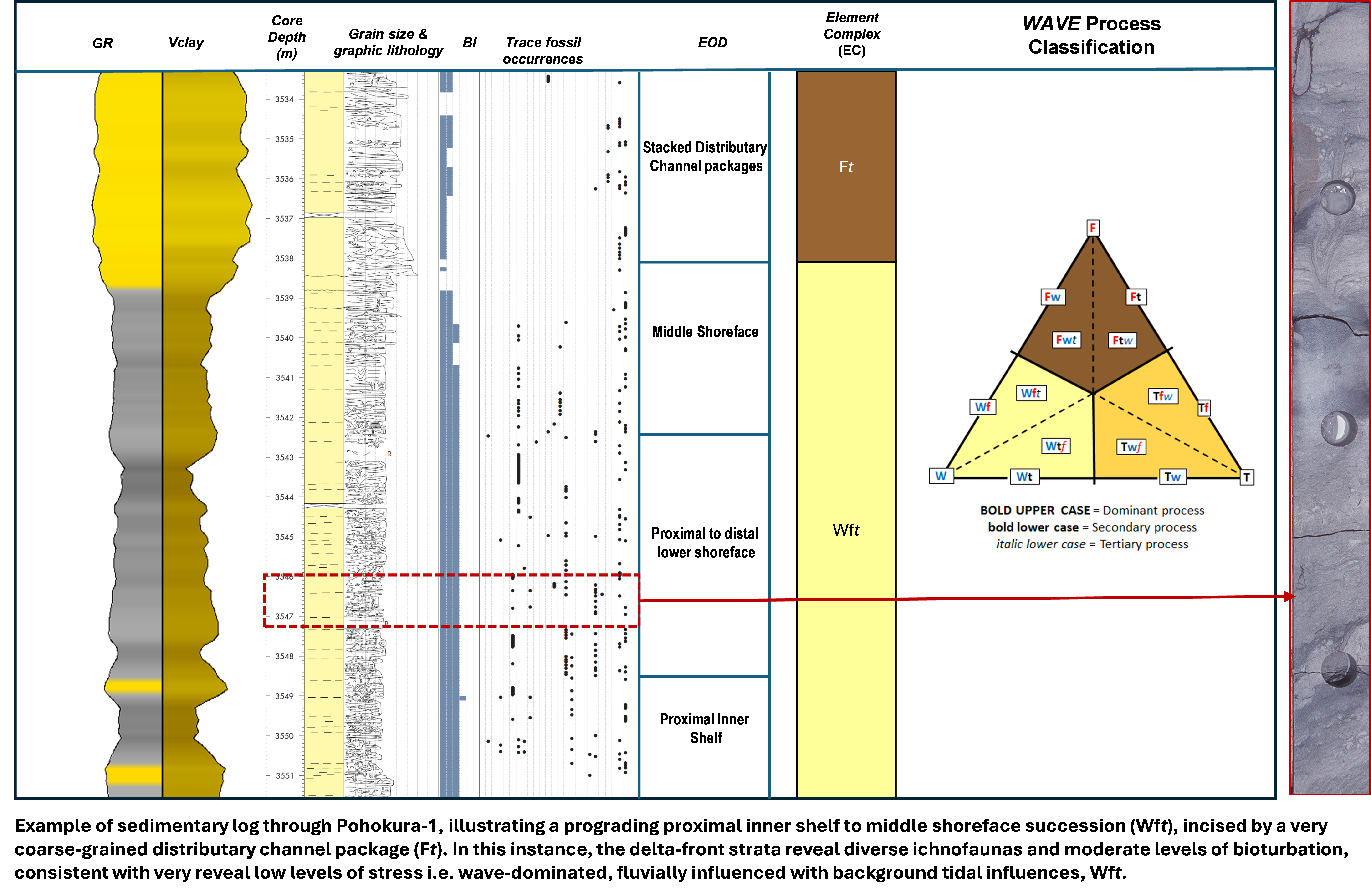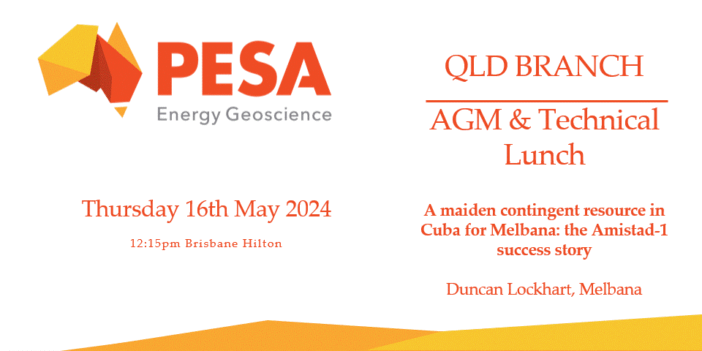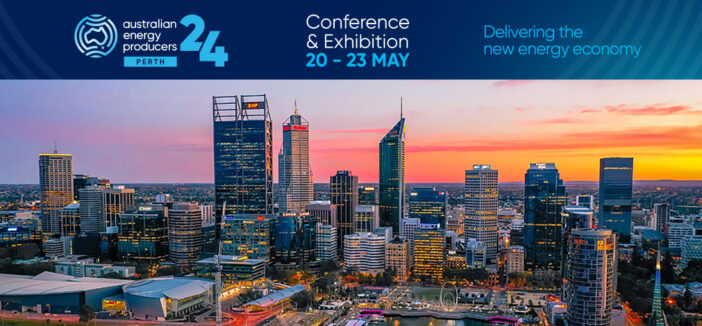
PESA WA May 13th Evening Talk: Evaluating controls on deposition using Ichnology within the Eocene-aged mixed influence deltaic strata of the Mangahewa Formation
Monday, 13 May @ 6:00 pm - 8:00 pm (Australia/Perth time)
Free – $50.00
PESA WA invites you to a technical Evening Event Monday 13th May.
Evaluating controls on deposition using Ichnology within the Eocene-aged mixed influence deltaic strata of the Mangahewa Formation (Taranaki Basin, NZ): Lessons learned for application towards studies on mixed deltaic successions in the Bonaparte and Perth Basin.
Presented by Fiona Burns (TASK Fronterra)
The Middle to Upper Eocene Mangahewa Formation forms a broadly NE-SW-oriented coastal facies belt which constitutes the main hydrocarbon reservoirs in the Taranaki Basin, New Zealand. The Mangahewa Formation represents deposition within a deltaic setting that displays variable influences of wave, fluvial and tidal processes, with wave and fluvial processes dominant. Broadly, the >1000 m thick formation constitutes a 2nd order progradational succession overlain by a retrogradational succession composed of 3rd and 4th order sequence sets. Arcuate delta and beach-ridge geometries can be imaged using seismic attribute data. Landwards of the shoreline systems, lower delta plain with associated fluvial channel facies belts dominate.
In the Pohokura Field and Turangi area, well developed, wave-dominated, fluvial influenced, tide-affected (Wft) shoreface packages dominate the reservoir sections. The shoreface strata comprise cross-stratified sandstone-rich deposits with relatively high degrees of bioturbation and high ichnodiversity, dominated by Ophiomorpha nodosa, Ophiomorpha irregulaire, Dactyloidites isp., Conichnus isp., and very large Asterosoma isp. Trace-fossil analysis enabled the subdivision of the shoreface strata into Upper, Middle, and Lower Shoreface (proximal and distal) packages. High stress levels are characteristic of the Distributary Channel packages, which are either non-bioturbated or reveal sparse bioturbation by Skolithos linearis. Abundances of Ophiomorpha nodosa preferentially reworking clay drapes characterize the uppermost parts of tidally influenced channel packages locally. Firmground Thalassinoides isp. (Glossifungites ichnofacies) are common below channel bases.
Ichnologically, the back barrier lagoonal heterolithic strata, mainly interbedded with coal beds, reveal highly stressed ichnofaunas. They were either non-bioturbated, or contained Planolites montanus, rare Chondrites isp. and/or Thalassinoides isp. Heterolithic strata representing down-drift strata also reveal similarly stressed ichnofaunas, with many monospecific trace-fossil assemblages characteristic. In contrast, non-stressed Delta Front heterolithic deposits are characterised by intensely bioturbated strata with maximum ichnodiversity. Trace-fossil assemblages include Thalassinoides isp., Teichichnus rectus, Phycosiphon incertum, Palaeophycus tubularis, Chondrites isp., Terebellina isp. and Schuabcylindrichnus isp.
Detailed ichnological models developed for mixed deltaic systems within Eocene-aged successions where there is extensive core coverage, provide invaluable tools when developing models for much older mixed deltaic successions such as the Permian of the Perth Basin and the Middle Jurassic of the Bonaparte Basin.
Timings for the event:
Date: Monday 13th May, 2024
Venue: The Shoe Bar, Yaga Square, Perth
Time: 6pm – 8pm (Perth time)
PESA Members: $25.00 (PESA Members must Log on to the PESA website to purchase)
Non-members: $50.00
PESA Students Members: Free (registration is essential)



